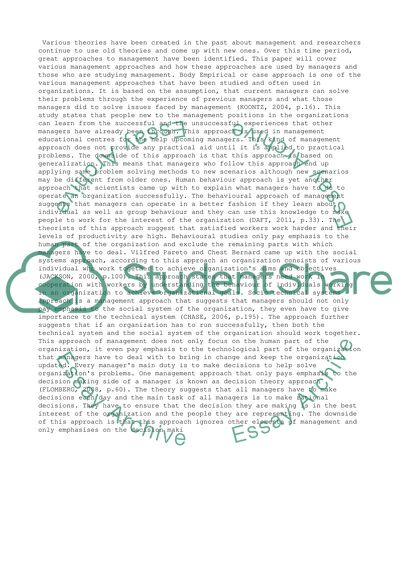Cite this document
(“Contemporary Management Practice Essay Example | Topics and Well Written Essays - 2500 words”, n.d.)
Retrieved from https://studentshare.org/management/1395645-contemporary-management-practice
Retrieved from https://studentshare.org/management/1395645-contemporary-management-practice
(Contemporary Management Practice Essay Example | Topics and Well Written Essays - 2500 Words)
https://studentshare.org/management/1395645-contemporary-management-practice.
https://studentshare.org/management/1395645-contemporary-management-practice.
“Contemporary Management Practice Essay Example | Topics and Well Written Essays - 2500 Words”, n.d. https://studentshare.org/management/1395645-contemporary-management-practice.


